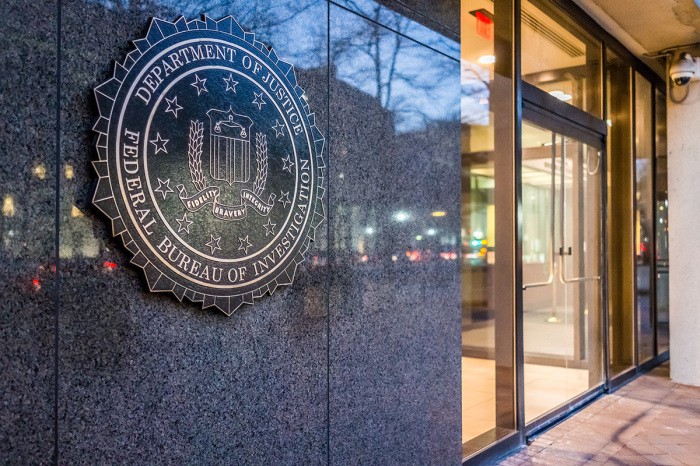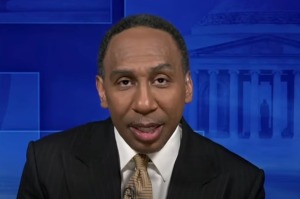The Christian Post's top 10 stories of 2023 (part 1)

7. Federal government under fire for treatment of Catholics, pro-lifers
Throughout 2023, concerns about the weaponization of the federal government loomed large within the Catholic and pro-life communities. The year began with a jury acquitting pro-life activist Mark Houck on charges of violating the Freedom of Access to Clinic Entrances (FACE) Act for purportedly assaulting a Planned Parenthood volunteer outside a Philadelphia abortion clinic.
The pre-dawn raid on Houck’s home was a major story in the latter part of 2022. Houck maintained his innocence throughout the whole ordeal. According to a fundraiser set up to cover Houck’s legal expenses, “Last year, Mark and his [12-year-old] son were praying in front of the PP at 12th and Locust. When one of the escorts began harassing Mark’s son they walked down the street away from the entrance to the building. The escort followed them, and when he continued yelling at Mark’s son, Mark pushed him away.”
In February, whistleblower and former FBI Special Agent Kyle Seraphin published a domain product circulated within the FBI’s Richmond Field Office expressing concern about the threat posed by “radical-traditionalist Catholic ideology.”
The document, distributed internally in January, stated that “the increasingly observed interest of racially or ethnically motivated violent extremists (RMVEs) in radical-traditionalist Catholic ideology almost certainly presents opportunities for threat mitigation through the exploration of new avenues for tripwire and source development.”
The document defined “radical-traditionalist” Catholics as those “typically characterized by the rejection of the Second Vatican Council (Vatican II) as a valid church council; disdain for most of the popes elected since Vatican II, particularly Pope Francis and Pope John Paul II; and frequent adherence to anti-Semitic, anti-immigrant, anti-LGBT, and white supremacist ideology.”
It clarified that Vatican II took place from 1962-1965 and “resulted in significant reforms to the liturgy,” specifically with masses taking place in the local vernacular as opposed to Latin.
The FBI’s domain product stressed that “radical-traditionalist Catholics compose a small minority of overall Roman Catholic adherents and are separate and distinct from ‘traditionalist Catholics’ who prefer the Traditional Latin Mass and pre-Vatican II teachings and traditions, but without the more extremist ideological beliefs and violent rhetoric.”
After the document became public, the FBI insisted that it did not “meet the exacting standards of the FBI” and “quickly began taking action to remove the document from FBI systems and conduct a review of the basis for the document.” The law enforcement agency vowed that it would “never conduct investigative activities or open an investigation based solely on First Amendment protected activity.”
While FBI Director Christopher Wray assured Congress that the effort to investigate “radical-traditionalist Catholics” was limited to a single field office, an investigation from the U.S. House of Representatives’ Judiciary Committee and the Select Subcommittee on the Weaponization of the Federal Government revealed that at least three other field offices collaborated with FBI Richmond in crafting the memo.
Following the publication of the domain product defining “radical-traditionalist Catholics” as a national security threat, the advocacy organizations CatholicVote and Judicial Watch sought additional information about documents and communications from the FBI and the Department of Justice. When the agencies failed to produce the requested information, the groups filed a lawsuit against them.
In addition to concerns about the weaponization of the federal government against pro-lifers and Catholics, the Biden administration is also facing allegations of weaponization against its political opponents pertaining to multiple indictments filed against former President Donald Trump, who remains the frontrunner to receive the Republican nomination for president in the 2024 presidential election.
One of the indictments, which charged Trump with “willful retention of national defense information” for retaining classified documents at his Mar-a-Lago estate, was handed down by the federal government. Florida Gov. Ron DeSantis, Trump’s chief rival for the Republican nomination, pointed to the indictment as an example of “the weaponization of federal law enforcement” in the form of “an uneven application of the law depending upon political affiliation.”
Ryan Foley contributed to this report.





























